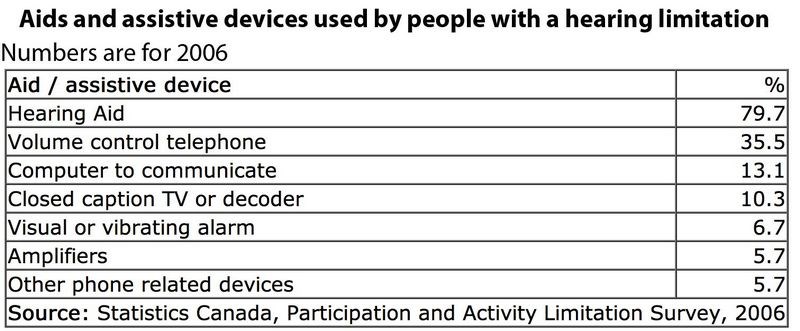Prince George has become a more multicultural place to live than it ever was, but there are some around town who belong to a culture many aren't aware of -the deaf culture.
The backbone of any culture is language. For the deaf community, language is an intricate set of hand signals commonly known as American Sign Language (ASL).
It's an effective manner of communication, but it also creates a barrier causing isolation and leading to a lack of trust between the hearing and deaf worlds.
"[Communities] that are based on individual disabilities like the blind community, deaf community, paraplegic and so on, they form what I call garrisons," said Adam Pottle, an award-winning writer, who lived in Prince George for 15 years. Pottle is also deaf.
"It's really extraordinary and very disconcerting. I found this especially true of the deaf community - they are so guarded that they do not want outsiders -- they are very suspicious of outsiders."
Pottle's profoundness of hearing is different in each ear. He has an easier time hearing low ranges than high ranges and he is verbal, which are partially the causes of the resistance he has encountered in his life from the community he belongs too.
Pottle attends the University of Saskatchewan while he completes his PhD in English Literature.
He recalls trying to schedule an appearance to promote his book at the Saskatchewan Hard of Hearing Society only to be put through interviews and tests, just to get approval.
"They did not trust me. I had to earn their trust before anything could happen. If you are trying to raise awareness not just of deafness but for all of these things, why the hell are you being so guarded? It's counterproductive. It was really dispiriting to hear. I found that true with other deaf communities and other disability groups," said Pottle.
Pottle said many people in the community don't consider themselves a part of a disability group, but rather in a linguistic minority akin to people who are fluent in rarely used languages like Latin or Gaelic.



